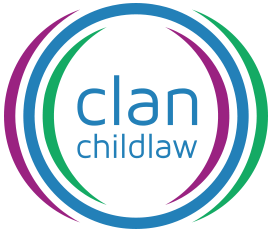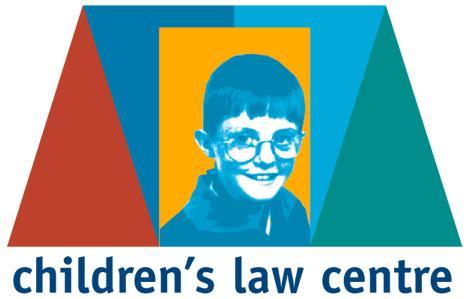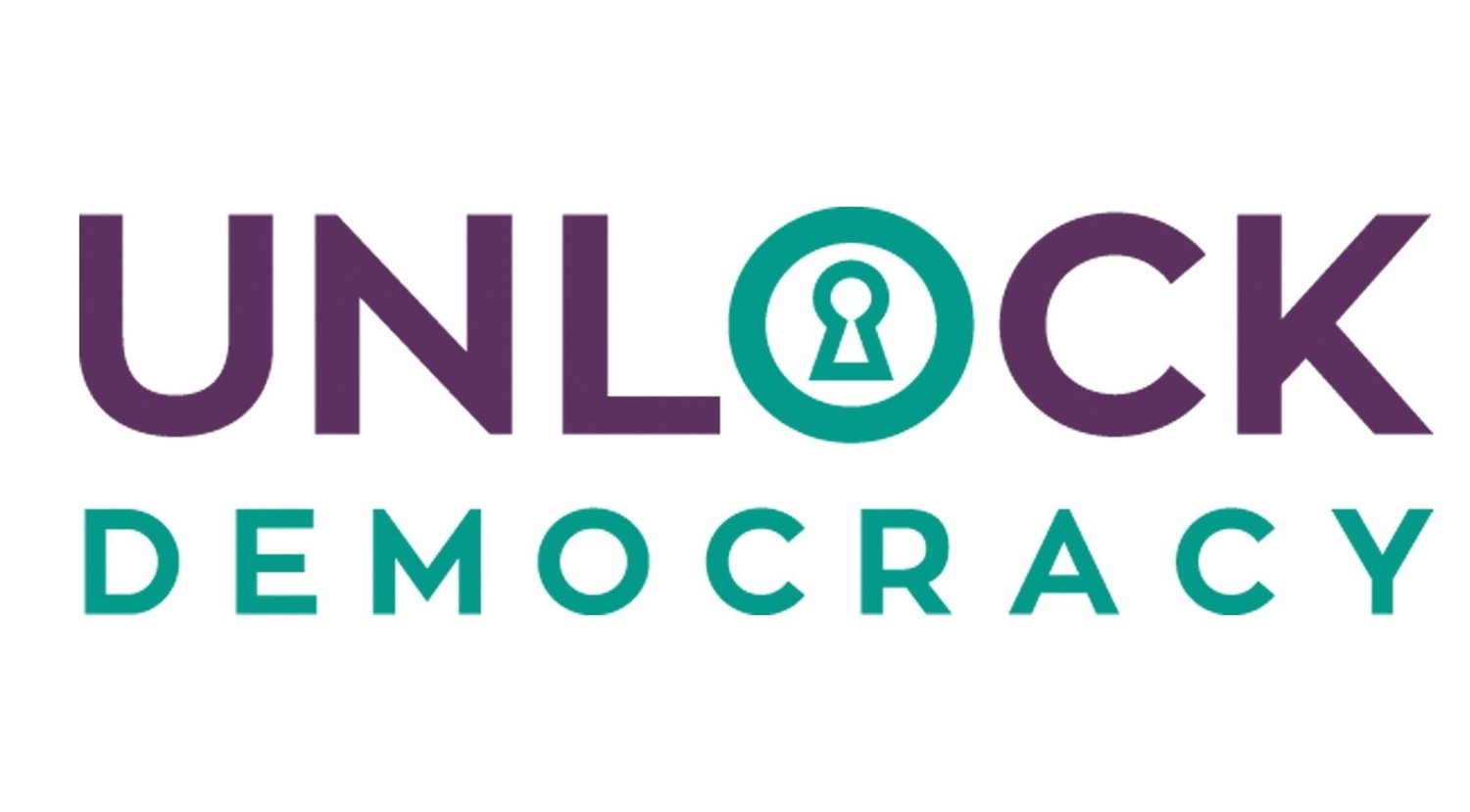Law Reform, Policy and Regulation
Just for Kids Law


Youth Justice Legal Centre
Grant: £30,000
January 18, 2019
YJLC provides:
- Policy and lobbying work to ensure youth justice becomes a legal specialism and to safeguard children’s rights in youth justice;
- A dedicated website (www.yjlc.uk) with comprehensive information, legal resources and best practice guides for lawyers, judges, magistrates, youth offending teams, professionals, children and families;
- A favourable environment to nurture a community of lawyers and other professionals working in youth justice;
- Training on youth justice issues for lawyers and non-legal professionals working with children;
- Specialist legal advice line for children, youth offending team, the judiciary and lawyers. YJLC aims to:
- Promote higher standards in youth justice advocacy;
- Improve awareness of children’s rights in the youth justice system;
Ensure youth justice is recognised as a specialist area of law by establishing an accreditation scheme and all professionals have access to high quality training.
| Increase Public Understanding | Advance High Quality Thinking | Increase Access to Employment |
| People Working in the Law | ||
| Implications of Brexit | Legal Needs in Healthcare Settings | Influence the Online Court |
| Develop Robust Evidence Base | ||
| Understand Role of Technology | ||
| Law Reform, Policy and Regulation | ||
| Communications to Disseminate Learning | ||
Equality and Diversity Forum


Advancing the rule of law on equality and human rights
Grant: £68,755
November 14, 2018
| Increase Public Understanding | Advance High Quality Thinking | Increase Access to Employment |
| Developing Income Streams | ||
| Implications of Brexit | Legal Needs in Healthcare Settings | Influence the Online Court |
| Develop Robust Evidence Base | ||
| Understand Role of Technology | ||
| Law Reform, Policy and Regulation | ||
| Communications to Disseminate Learning | ||
Cardiff University – School of Law and Politics


Brexit, Devolution and Civil Society (Conference).
Grant: £21,000
November 14, 2018
The project will be a two-day event held in Belfast for around 80 guests.
The event will include participants from across the devolved nations.Its objective is to strengthen civil society’s voice on the Brexit process so that their needs and concerns influence Brexit decision-making and related developments.
| Increase Public Understanding | Advance High Quality Thinking | Increase Access to Employment |
| People Working in the Law | ||
| Implications of Brexit | Legal Needs in Healthcare Settings | Influence the Online Court |
| Develop Robust Evidence Base | ||
| Understand Role of Technology | ||
| Law Reform, Policy and Regulation | ||
| Communications to Disseminate Learning | ||
Institute of Welsh Affairs


Support to scope and develop a full project proposal to addressing IWA Governance Policy Group priorities
Grant: £16,450
November 14, 2018
This project’s aim is to resource the IWA to scope out a fully costed project proposal focussing on two key priorities,
- strengthening inter-parliamentary relations post Brexit
- mapping governance structures in Wales and contributing to shaping local government reform.
The scope will include identifying collaborative work with IWA’s Education Policy and Media Policy groups, and developing partnerships in England, Scotland and Northern Ireland and Europe.
| Increase Public Understanding | Advance High Quality Thinking | Increase Access to Employment |
| People Working in the Law | ||
| Implications of Brexit | Legal Needs in Healthcare Settings | Influence the Online Court |
| Develop Robust Evidence Base | ||
| Understand Role of Technology | ||
| Law Reform, Policy and Regulation | ||
| Communications to Disseminate Learning | ||
Clan Childlaw (Community Law Advice Network)


Legally Informed Advocacy in Children’s Hearings
Grant: £9,600
September 7, 2018
The Children’s Hearings (Scotland) Act 2011, which modernised the children’s hearings system, was brought into force 4 years ago.The only section that is still not law is a requirement for the hearing to inform the child of the availability of children’s advocacy services.
In late 2017, the Scottish Government commissioned Who Cares? Scotland to develop a National Practice Model and Service Delivery Model for children’s advocacy. This work is almost complete, and the Scottish Government is now developing a procurement process and is aiming for the model to be in place by the end of next year.
This is therefore an opportune time to influence how the advocacy element of the Act is implemented, to ensure that legally informed advocacy in Children’s Hearings for all care-experienced young people is embedded into processes and practice.
| Increase Public Understanding | Advance High Quality Thinking | Increase Access to Employment |
| Staff in Voluntary Sector | ||
| Implications of Brexit | Legal Needs in Healthcare Settings | Influence the Online Court |
| Develop Robust Evidence Base | ||
| Understand Role of Technology | ||
| Law Reform, Policy and Regulation | ||
| Communications to Disseminate Learning | ||
Law Centre NI


Law and Policy
Grant: £84,466
June 20, 2018
Supporting LCNI's policy advocacy work so as to support the Centre to engage effectively and strategically with emerging law and policy developments on civil justice in NI.
| Increase Public Understanding | Advance High Quality Thinking | Increase Access to Employment |
| People Working in the Law | ||
| Implications of Brexit | Legal Needs in Healthcare Settings | Influence the Online Court |
| Develop Robust Evidence Base | ||
| Understand Role of Technology | ||
| Law Reform, Policy and Regulation | ||
| Communications to Disseminate Learning | ||
Legal Aid Practitioners Group (LAPG)


Influencing Legal Aid Policy through Political Engagement
Grant: £99,814
June 20, 2018
Providing the Secretariat for the All Party Parliamentary Group on Legal Aid together with extending cross-party policy engagement activities and the provision of direct training to MPs and parliamentary staff as part of informing and influencing policy.
| Increase Public Understanding | Advance High Quality Thinking | Increase Access to Employment |
| Staff in Voluntary Sector | ||
| Implications of Brexit | Legal Needs in Healthcare Settings | Influence the Online Court |
| Develop Robust Evidence Base | ||
| Understand Role of Technology | ||
| Law Reform, Policy and Regulation | ||
| Communications to Disseminate Learning | ||
Children’s Law Centre (CLC)


Ensuring children’s access to services and their legal rights and protections in a post-Brexit NI
Grant: £40,000
June 20, 2018
Expanding work to map the potential impact of Brexit on children rights by developing work with academic partners and NGOs.
| Increase Public Understanding | Advance High Quality Thinking | Increase Access to Employment |
| People Working in the Law | ||
| Implications of Brexit | Legal Needs in Healthcare Settings | Influence the Online Court |
| Develop Robust Evidence Base | ||
| Understand Role of Technology | ||
| Law Reform, Policy and Regulation | ||
| Communications to Disseminate Learning | ||
Unlock Democracy


Coordinating the civil society response to Brexit Bills
Grant: £84,375
June 20, 2018
Supporting civil society organisations to engage with parliamentarians and government officials in the policy making process arising out of the decision to withdraw from the EU, focusing on promoting open and accountable law making.
| Increase Public Understanding | Advance High Quality Thinking | Increase Access to Employment |
| People Working in the Law | ||
| Implications of Brexit | Legal Needs in Healthcare Settings | Influence the Online Court |
| Develop Robust Evidence Base | ||
| Understand Role of Technology | ||
| Law Reform, Policy and Regulation | ||
| Communications to Disseminate Learning | ||
medConfidential


Data processing, AI, and the Rule of Law
Grant: £15,000
June 20, 2018
As artificial intelligence “AI” and “data science” expand, the risk increases of algorithms operating in a discriminatory fashion arises where, for example, the algorithm is developed using machine learning which depends on data sets ‘teaching’ the algorithm how to operate as those data can be skewed.
The cost savings of automatic data processing over manual processing are significant drivers of public policy.
As technological developments proceed a modern interpretation of what it meant to be compliant with the rule of law, the use of AI by public bodies will similarly have to show itself as compliant.
| Increase Public Understanding | Advance High Quality Thinking | Increase Access to Employment |
| People Working in the Law | ||
| Implications of Brexit | Legal Needs in Healthcare Settings | Influence the Online Court |
| Develop Robust Evidence Base | ||
| Understand Role of Technology | ||
| Law Reform, Policy and Regulation | ||
| Communications to Disseminate Learning | ||
Select by Objective
Select by Theme
Select by Tool
Select by Grantee
Grantees
Select by Date
Grants Archive
Search
